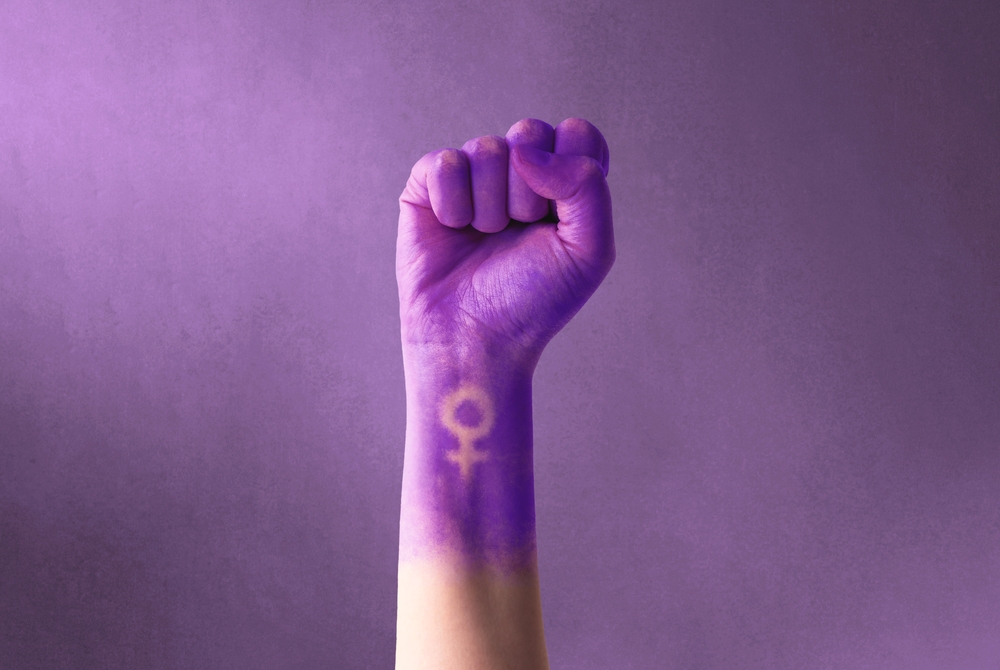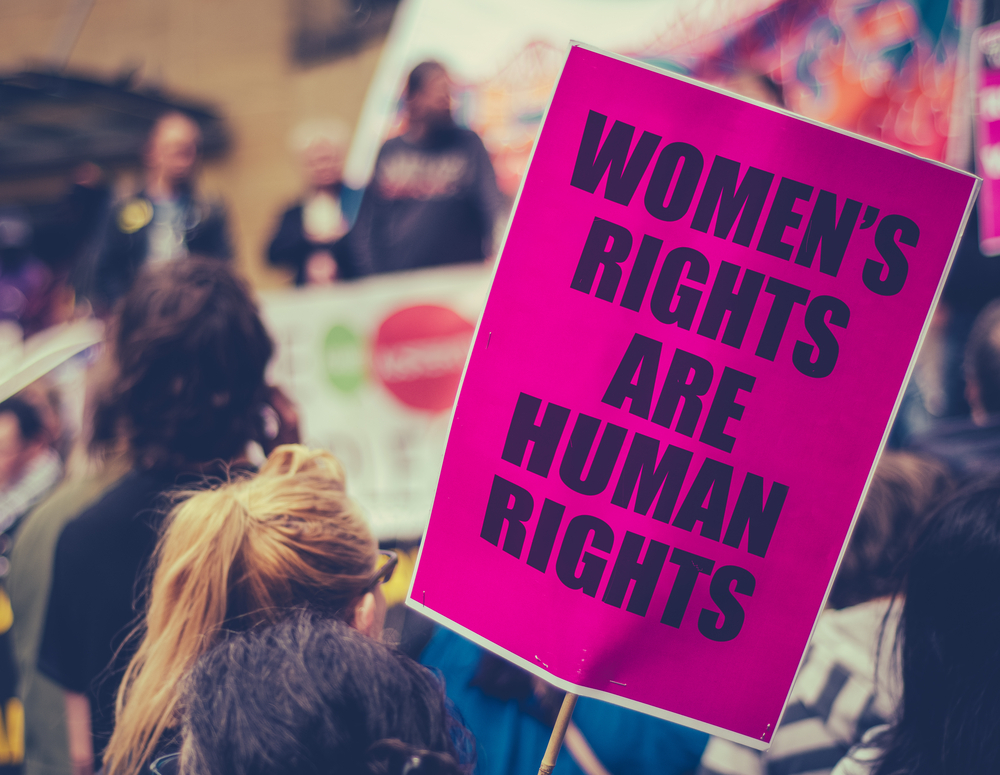Women’s Rights in Islam

Modern media usually paints Muslim women to be dependent and controlled individuals, which contributes to the belief that women’s rights in Islam are non-existent. Despite this widespread belief, Islam is actually one of the few religions that have women’s rights ingrained in its religious text. For instance, women aren’t exempt from financial responsibility, such as the Qurbani donation, meaning they’re given a level playing field in a financial respect. With this being said, it’s not solely about finances, and there are many to be considered when weighing up women’s rights in Islam.
Contents
The Right to Divorce
First and foremost, Muslim women have, and have always had, the right to divorce. In fact, the Islamic divorce process sits amongst the most respectable and simplest ones worldwide. Couples part for all manner of reasons and functioning as a co-parenting team when separated isn’t a new concept as far as Islam is concerned. There are no strict rules about what constitutes a divorce in Islam; the woman may merely wish to live independently or even marry someone else – each of which is permitted. This is something that conservative Christianity still doesn’t accept, placing Islam leaps and bounds ahead of Christianity in this respect.
Property Inheritance
Husbands and fathers are obligated to care for the women and children in their families, which entitles women to inheritance rights. Women may inherit property from their deceased male relatives out of the man’s obligation to care for these women. As a result, women are facilitated in living independently, which many don’t understand to be the case in Islam. Contrary to popular belief, Islam works to provide women with everything they need to support themselves, and a man isn’t required for a comfortable living.

Taking Husband’s Last Name
Something that may surprise you is the fact that women don’t tend to take their husbands’ name upon getting married, and this is a tradition that is mainly followed by western religions. Therefore, Muslim women are encouraged to keep hold of their own identity, rather than change themselves to become a possession of their husbands. As we’ve progressed, some women may wish to take their husband’s last name; however, this isn’t a custom that is deeply rooted in Islam and isn’t one that can be enforced in any way. Ultimately, it’s down to the woman to decide how she wishes to identify.
Education and Career
Since Islam is one of the newer religions, it successfully combines positive aspects from several other global religions. Upon studying Islam, you may find that many of its core principles with Judaism, including the emphasis on women’s education and working rights. In fact, many Muslim queens controlled multiple departments, which aided their kings in the running of their empires. Similarly, it’s common for women to manage foreign affairs, in addition to other government matters. The wife of Prophet Muhammad was one of the richest women of her time, and her daughter continued to be an elite member of society.
Marriage and Dowry
Unlike many other religions, the concept of a dowry in Islam has never existed. As a result, it’s not as though the bride is being bought from her father, meaning that she can in no way be perceived as a possession of the husband. A dowry insinuates that a woman is a product of exchange, and the absence of such makes it clear that women are treated as people within the Islamic faith. Similarly, although arranged marriages can still be common in Islam, it’s ultimately down to the woman to decide whether she wants to go forward with it and she can back out at any time.






